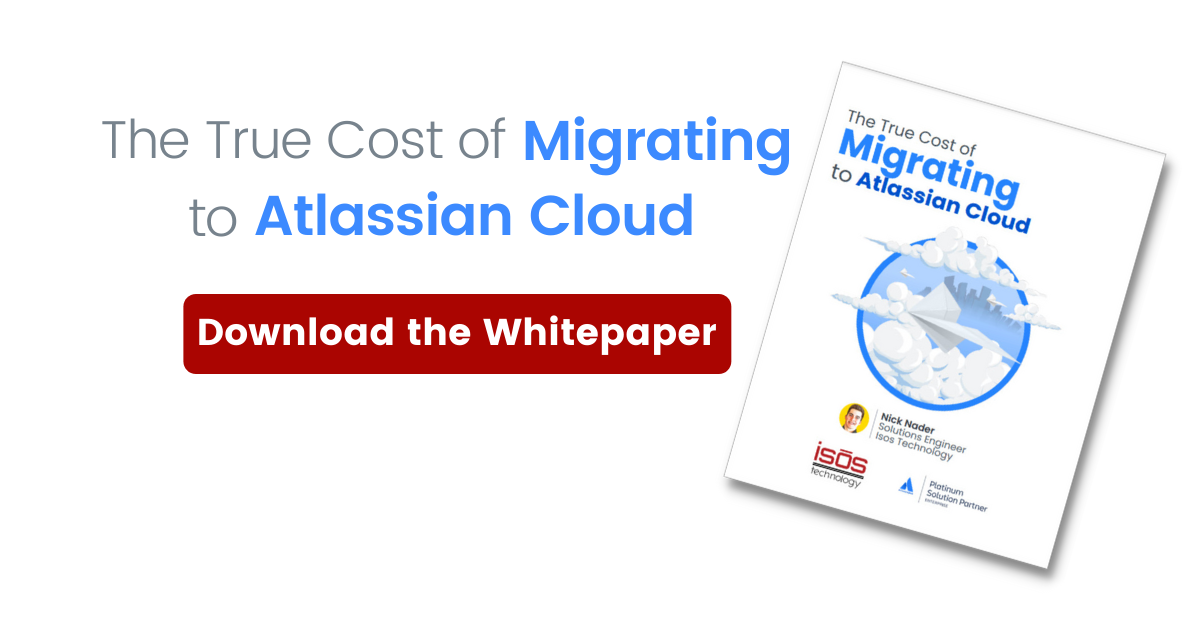
Planet Money—a podcast and blog produced by National Public Radio—recently released an episode called The Spider-Man Problem. In this episode, the hosts discuss a decision that Marvel Studios made early in its history, one that seemed like the right decision in the moment, but led to problems several years later. Because this decision had to do with the intellectual property rights to the character Spider-Man, the hosts dubbed it the “Spider-Man” problem, which is a decision that seems "right" now, but leads to problems in the future.
For most of my career I have worked for high-growth start-ups. When companies are in high-growth mode, they often have a variety of initiatives happening simultaneously in many areas of the business, but they have limited resources to successfully work on these initiatives. Like Marvel Studios, they might make decisions that are right in the moment, but inadvertently lead to problems down the road. Interestingly, many of these decisions could have been avoided altogether with some help.
One example of a decision that is good for now and bad for the future is when companies that develop software incur technical debt by choosing an easy approach to development, rather than selecting a better approach that might take more time. At some point, these companies will most likely need to select the better approach, yet the better approach might be significantly more difficult in the future, especially if the companies build onto the software they developed initially using the easy approach. (While I am not a software developer, I have been around enough developers to learn that rewriting poorly written code is not a joyous event, especially if the software breaks in the process.)
Technical debt is not limited to software development. Another example of technical debt is when companies rely heavily on spreadsheets, which are great for modeling and small-scale projects, rather than investing in enterprise resource planning, business intelligence, and other software solutions for managing and reporting data. Finding and implementing the right software for data management and reporting might take more time upfront than using a spreadsheet; however, there are long-term benefits.
One way to make decisions that hold up over time is to seek guidance from people who have had to make decisions in the face of similar circumstances. Peer mentor and networking groups like Vistage and Financial Executives International help people meet others who can share their experiences. Another way to make decisions that hold up over time is to engage a professional services firm—career professionals who can use their experience to help create great outcomes. Limiting the effects of the “Spider-Man” problem often comes down to being willing to listen to and accept help from the right people.
Sign up to receive more great content
Learn more about Atlassian and how Isos can help by signing up to receive our latest blogs, eBooks, whitepapers and more.













